A top State Department official in Kazakhstan to discuss countering violent extremism attributed terrorism in part to inadequate public services and “hunger for identity.”
Under Secretary of State for Civilian Security, Democracy, and Human Rights Sarah Sewall was sent to Almaty and Astana, capped off with a press roundtable today in the Kazakh capital.
Sewall said her visit followed up on a U.S.-hosted C5+1 meeting with the five Central Asian republics in which the parties vowed “to hold a dialogue focused on countering radicalization to violence and the movement of foreign terrorist fighters across Central Asia.”
Kazakhstan bans several terrorist groups including the Islamic Movement of Uzbekistan and the Muslim Brotherhood. Secretary of State John Kerry has been critical of the country’s terrorism crackdown, accusing President Nursultan Nazarbayev of using anti-terror authorities to go after his opponents. “Terrorism is not a legitimate excuse to lock up political opponents, diminish the rights of civil society or pin a false label on activists who are engaged in peaceful dissent,” Kerry said on a visit to Astana last year.
Sewall said the focus of this week’s trip has been “strengthening our cooperation against terrorism.”
The State Department official said she was “impressed by the thoughtfulness and commitment of our Kazakhstani colleagues to address this problem” of “violent extremism.”
“In meetings this week, I shared our observations about the factors often linked with terrorist radicalization – and more importantly – what we can do to prevent it,” Sewall continued. “One factor is often government behavior. Corruption, impunity, and poor public services can erode trust between people and government and create openings for violent extremist to recruit. Prisons that mix petty criminals with violent ideologues can provide terrorists a captive audience.”
“And we’ve seen how governments that respond to terrorist attacks with torture, abuse, and restrictions on fundamental rights can actually fan terrorist radicalization by leading otherwise peaceful individuals to see violence as their only recourse.”
Sewall said in meetings over the week she’s “underscored that governments should take a ‘no harm’ approach by ending counterproductive practices, fighting corruption at all levels, and respecting human rights.”
“Sources of terrorist radicalization can also include personal or community alienation, hopelessness about the future, or hunger for identity and purpose,” she said. “But addressing these vulnerabilities is not something governments alone can do; an effective approach must involve local communities.”
“Religious leaders, researchers, teachers, women, and youth are often best positioned to intervene when vulnerable individuals are on the brink of violence. Similarly, free and independent media and citizen groups can refute terrorist ideologies and their false propaganda with far more credibility than government officials and outlets.”
Just before Sewall’s arrival, the Anti-Terrorist Centre of Kazakhstan announced the extension of their color-coded terror alert — yellow, for “moderate” risk — until mid-January. That jumped to red for one day last month after a gunman killed four police officers, a border guards and a civilian in Almaty.

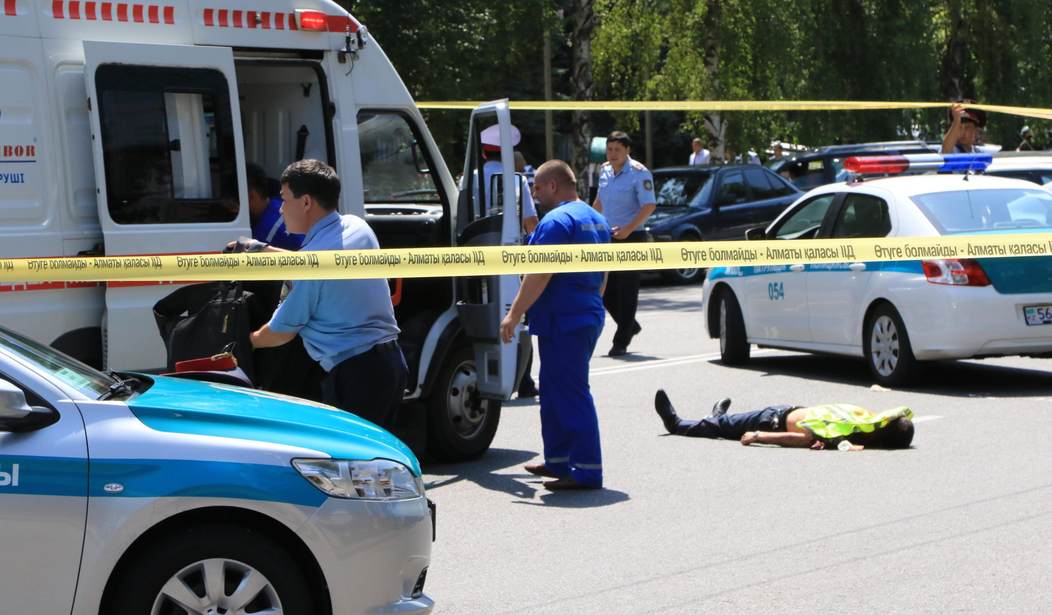
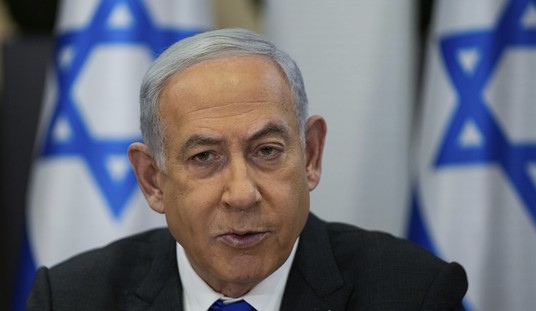

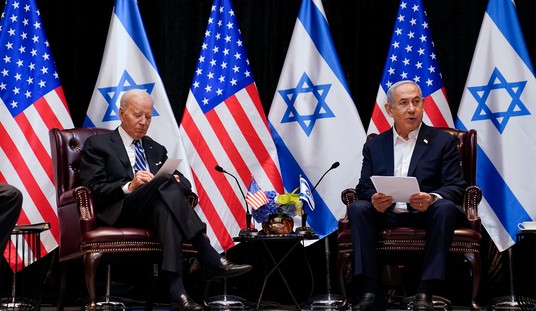
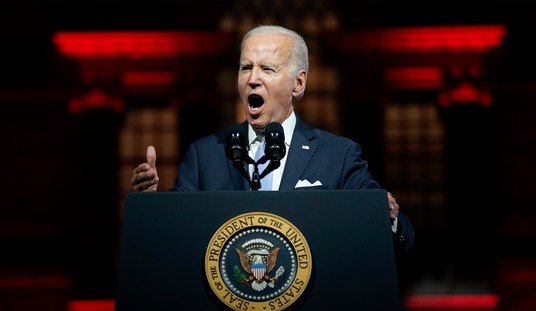
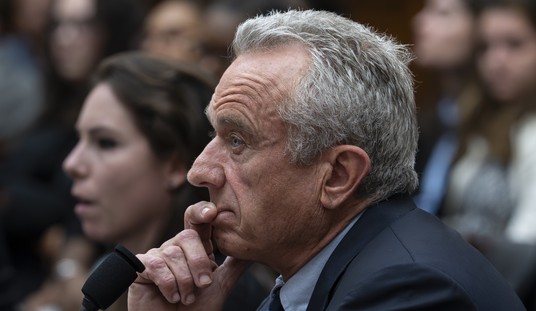
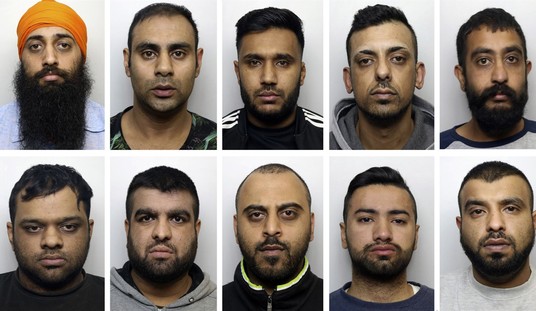
Join the conversation as a VIP Member